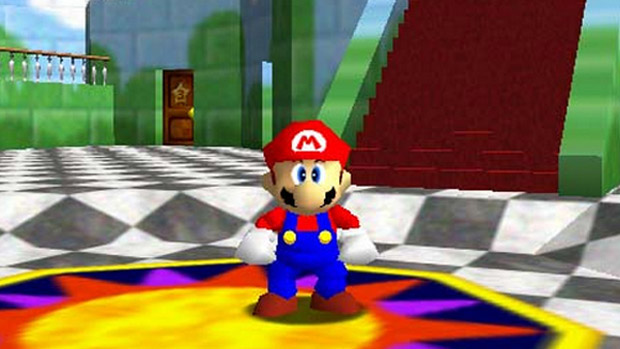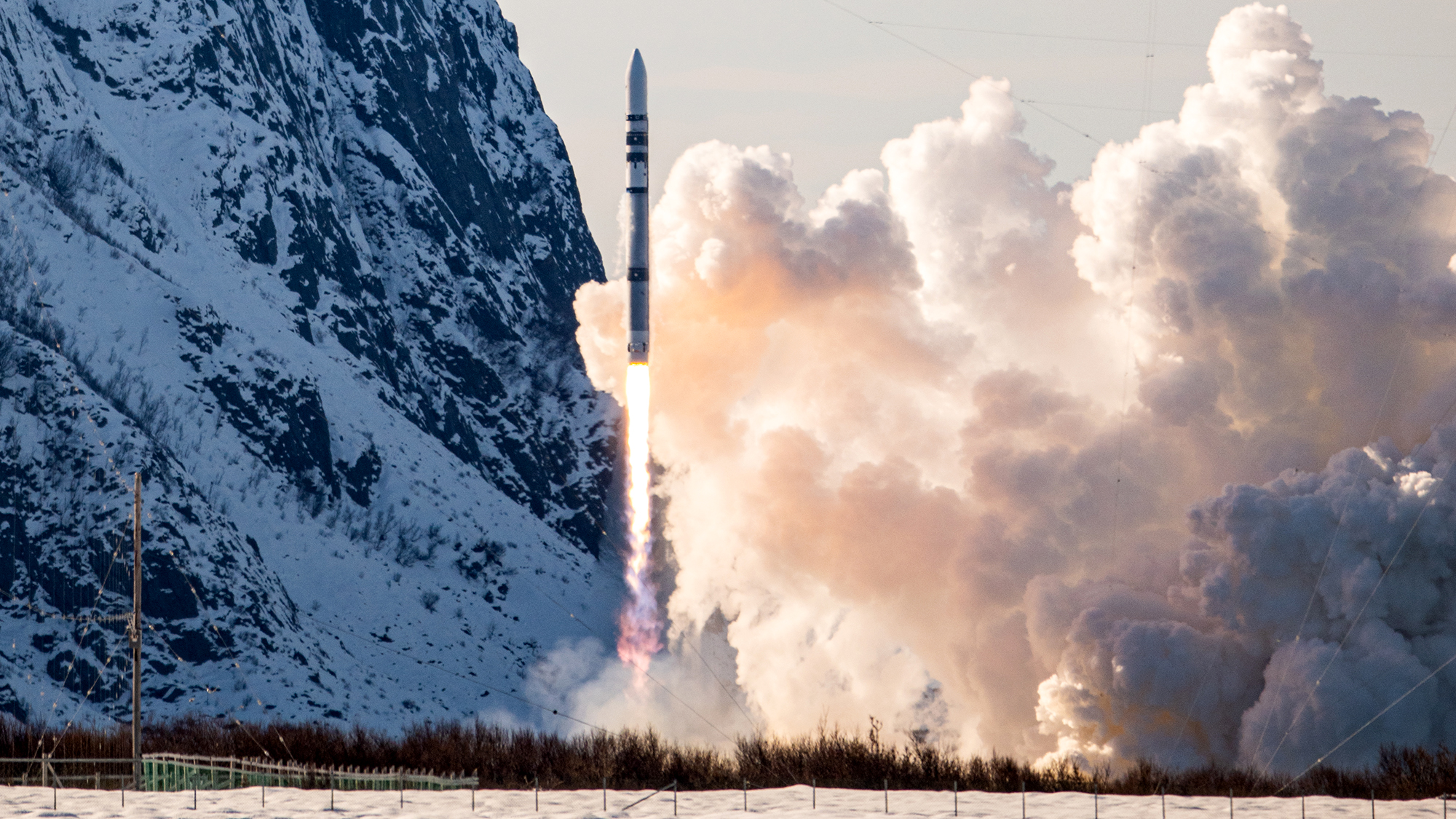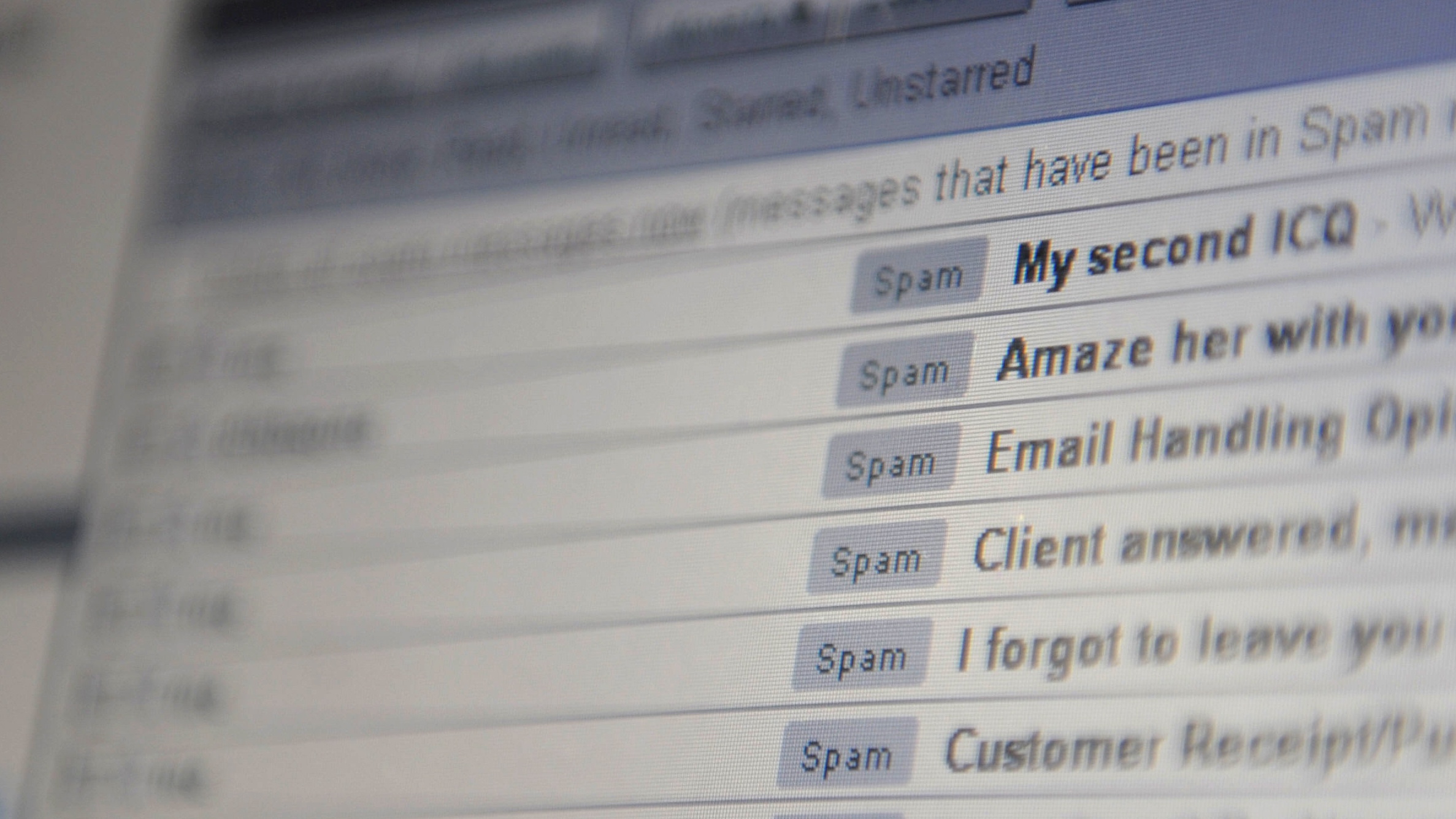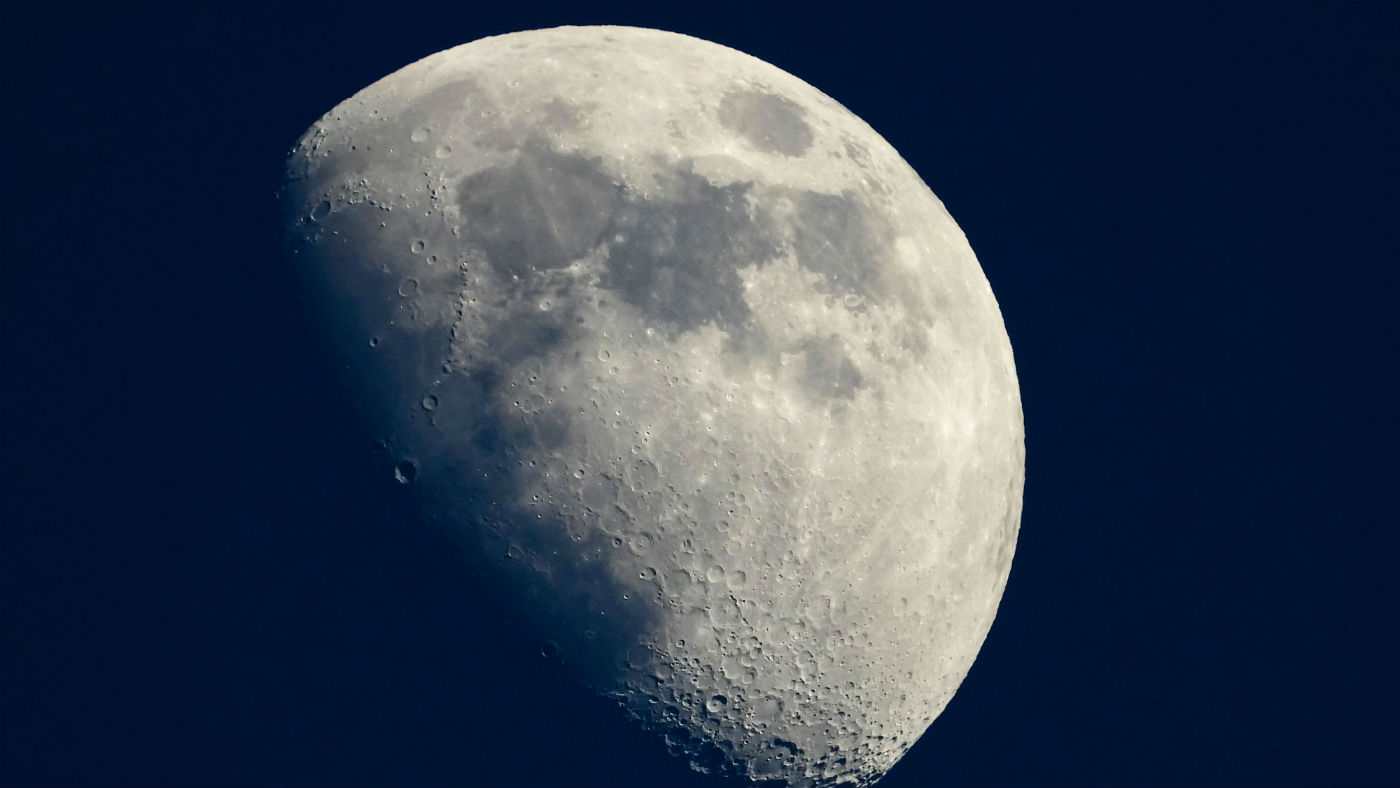'Sentient' Super Mario plays all by himself
German scientists build 'self-aware' Super Mario character who needs no guidance from human hands

A free daily email with the biggest news stories of the day – and the best features from TheWeek.com
You are now subscribed
Your newsletter sign-up was successful
A team of researchers from Germany has revisited the classic Japanese video game Super Mario World with an unusual intention: to remove the player from the equation. They've created a level of the game where the main character, Mario, is 'self-aware'.
The scientists, from University of Tubingen, have developed Mario AI as an experiment in artificial intelligence. They claim they've made Mario autonomous and able to learn - and even say he has emotional states.
Mario, one of the best-loved video game characters, is a creation of Japanese firm Nintendo. He is an Italian-American plumber who is eternally in search of a princess called Peach, often to be found "in another castle".
The Week
Escape your echo chamber. Get the facts behind the news, plus analysis from multiple perspectives.

Sign up for The Week's Free Newsletters
From our morning news briefing to a weekly Good News Newsletter, get the best of The Week delivered directly to your inbox.
From our morning news briefing to a weekly Good News Newsletter, get the best of The Week delivered directly to your inbox.
But now, reports The Independent, Mario can look for Peach all by himself. He can explore the level at his own will, learning about the environment he is in. At one point in a video released by the group, Mario says: "If I jump on Goomba [his famous enemy] then it certainly dies."
It is still possible to play the game - but now the player teaches Mario and gives him instructions, rather than moving him directly. Mario has also been programmed to have emotions, which are affected by orders from the player.
Told in the video to be less happy, he reduces his happiness level. Mario also discovers that he can jump on poisonous Goomba mushrooms to kill them: in the original game he had to be manually controlled but now will respond to the command "kill enemy".
So is Mario really self-aware? Does he have any chance of passing the Turing Test - convincing a human that he is conscious? No way, says 'transhumanist' George Dvorsky.
A free daily email with the biggest news stories of the day – and the best features from TheWeek.com
Dvorsky says the Mario AI project is impressive - but Mario is not genuinely self-aware, nor are his 'feelings' real.
He told the Independent: "Mario's human-like behaviours and feelings are programmed into him by brute force, and are not the result of a sophisticated human-like psychology."
-
 The Olympic timekeepers keeping the Games on track
The Olympic timekeepers keeping the Games on trackUnder the Radar Swiss watchmaking giant Omega has been at the finish line of every Olympic Games for nearly 100 years
-
 Will increasing tensions with Iran boil over into war?
Will increasing tensions with Iran boil over into war?Today’s Big Question President Donald Trump has recently been threatening the country
-
 Corruption: The spy sheikh and the president
Corruption: The spy sheikh and the presidentFeature Trump is at the center of another scandal
-
 Test flight of orbital rocket from Europe explodes
Test flight of orbital rocket from Europe explodesSpeed Read Isar Aerospace conducted the first test flight of the Spectrum orbital rocket, which crashed after takeoff
-
 Why Google search results have 'gotten worse'
Why Google search results have 'gotten worse'Under The Radar Search engines are 'flooded' with 'garbage' content, say experts
-
 How cybercriminals are hacking into the heart of the US economy
How cybercriminals are hacking into the heart of the US economySpeed Read Ransomware attacks have become a global epidemic, with more than $18.6bn paid in ransoms in 2020
-
 Language-learning apps speak the right lingo for UK subscribers
Language-learning apps speak the right lingo for UK subscribersSpeed Read Locked-down Brits turn to online lessons as a new hobby and way to upskill
-
 Brexit-hobbled Britain ‘still tech powerhouse of Europe’
Brexit-hobbled Britain ‘still tech powerhouse of Europe’Speed Read New research shows that UK start-ups have won more funding than France and Germany combined over past year
-
 Playing Cupid during Covid: Tinder reveals Britain’s top chat-up lines of the year
Playing Cupid during Covid: Tinder reveals Britain’s top chat-up lines of the yearSpeed Read Prince Harry, Meghan Markle and Dominic Cummings among most talked-about celebs on the dating app
-
 Brits sending one less email a day would cut carbon emissions by 16,000 tonnes
Brits sending one less email a day would cut carbon emissions by 16,000 tonnesSpeed Read UK research suggests unnecessary online chatter increases climate change
-
 Reach for the Moon: Nokia and Nasa to build 4G lunar network
Reach for the Moon: Nokia and Nasa to build 4G lunar networkSpeed Read Deal is part of the US space agency’s plan to establish human settlements on the lunar surface